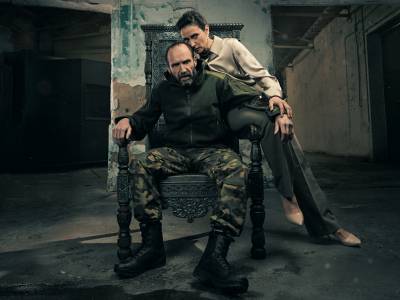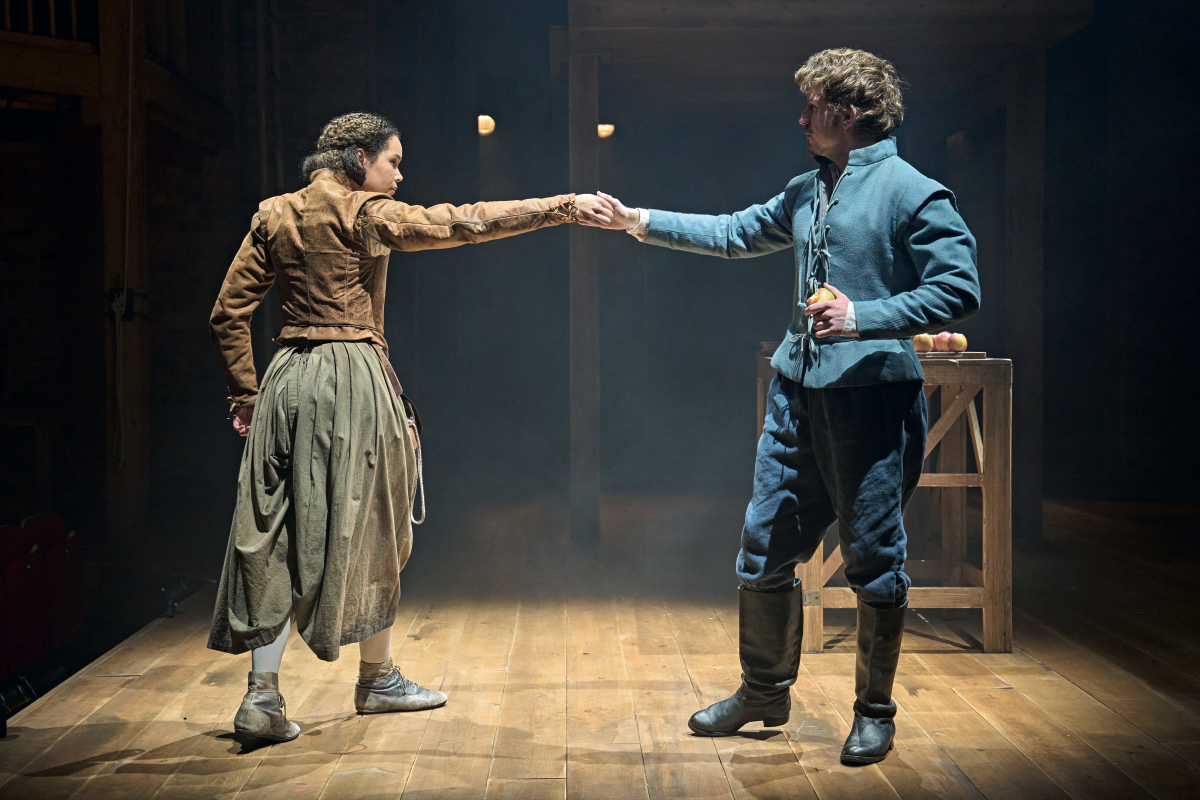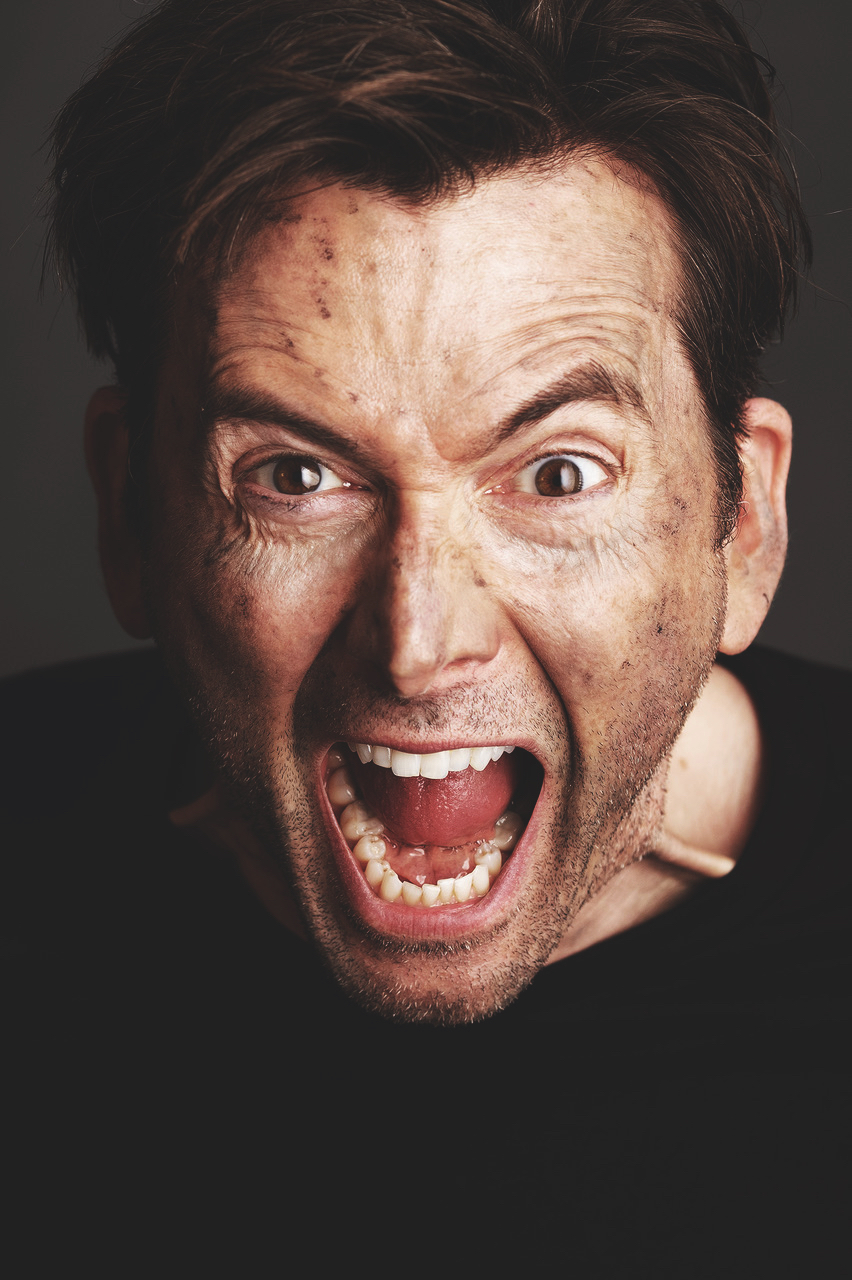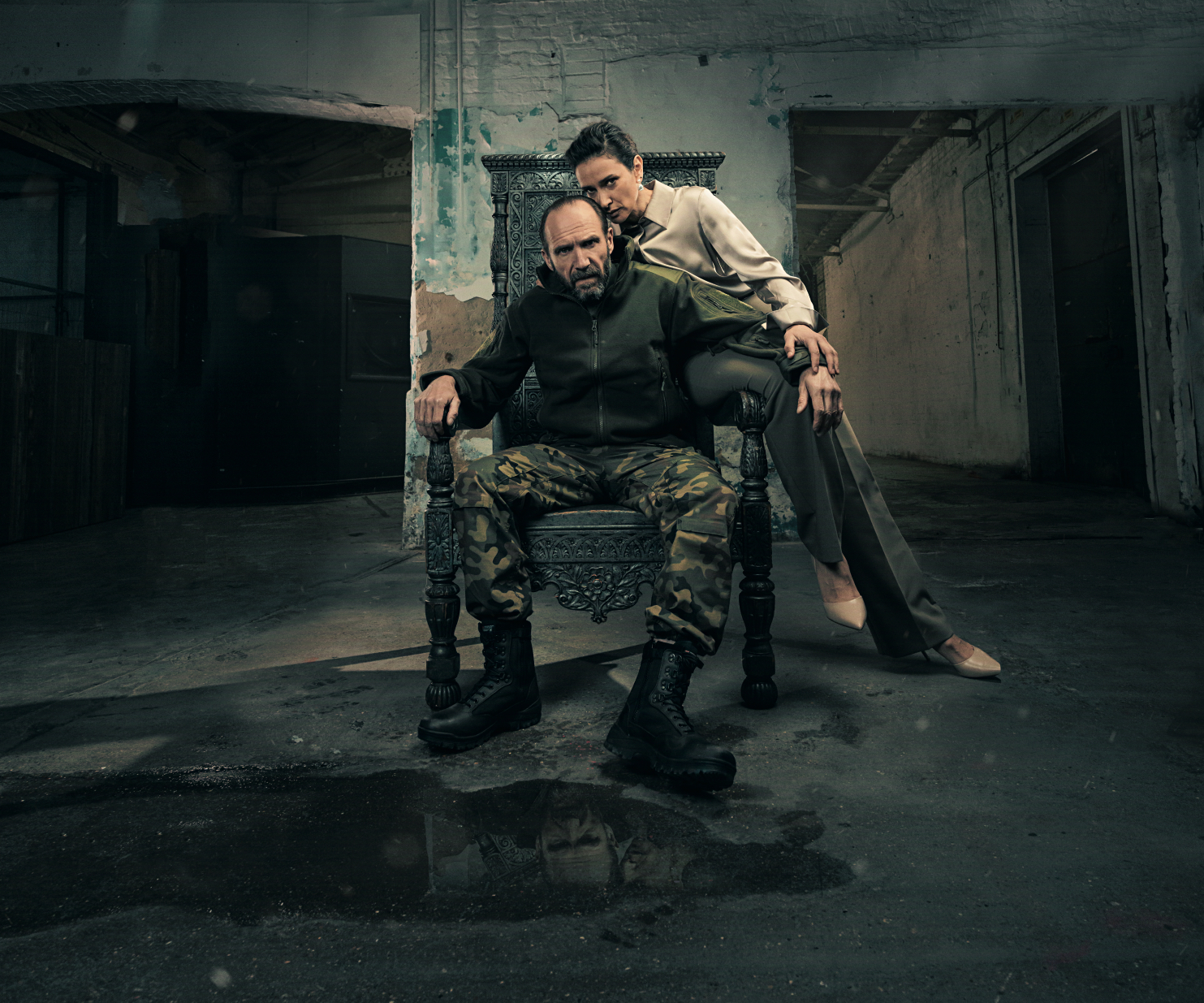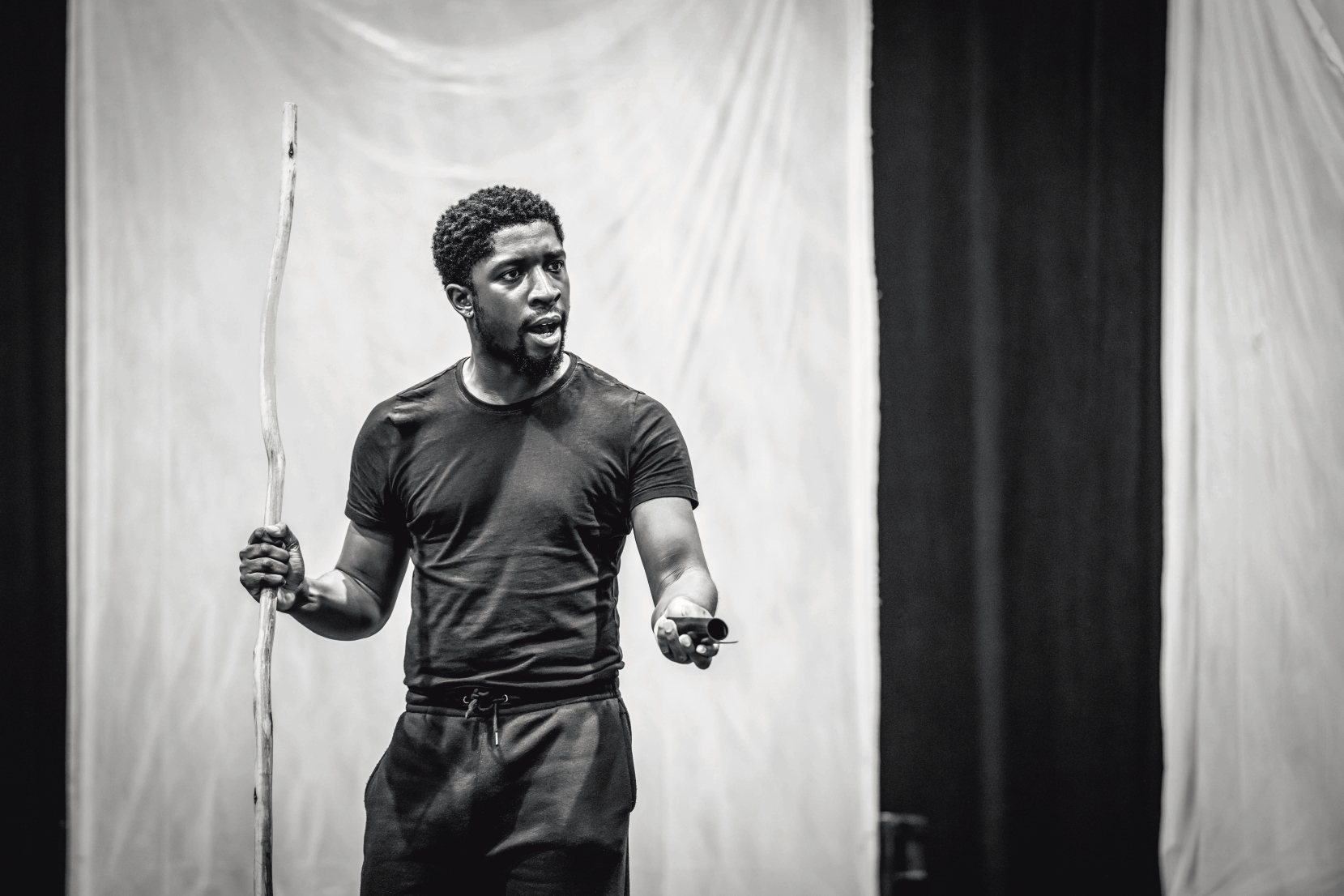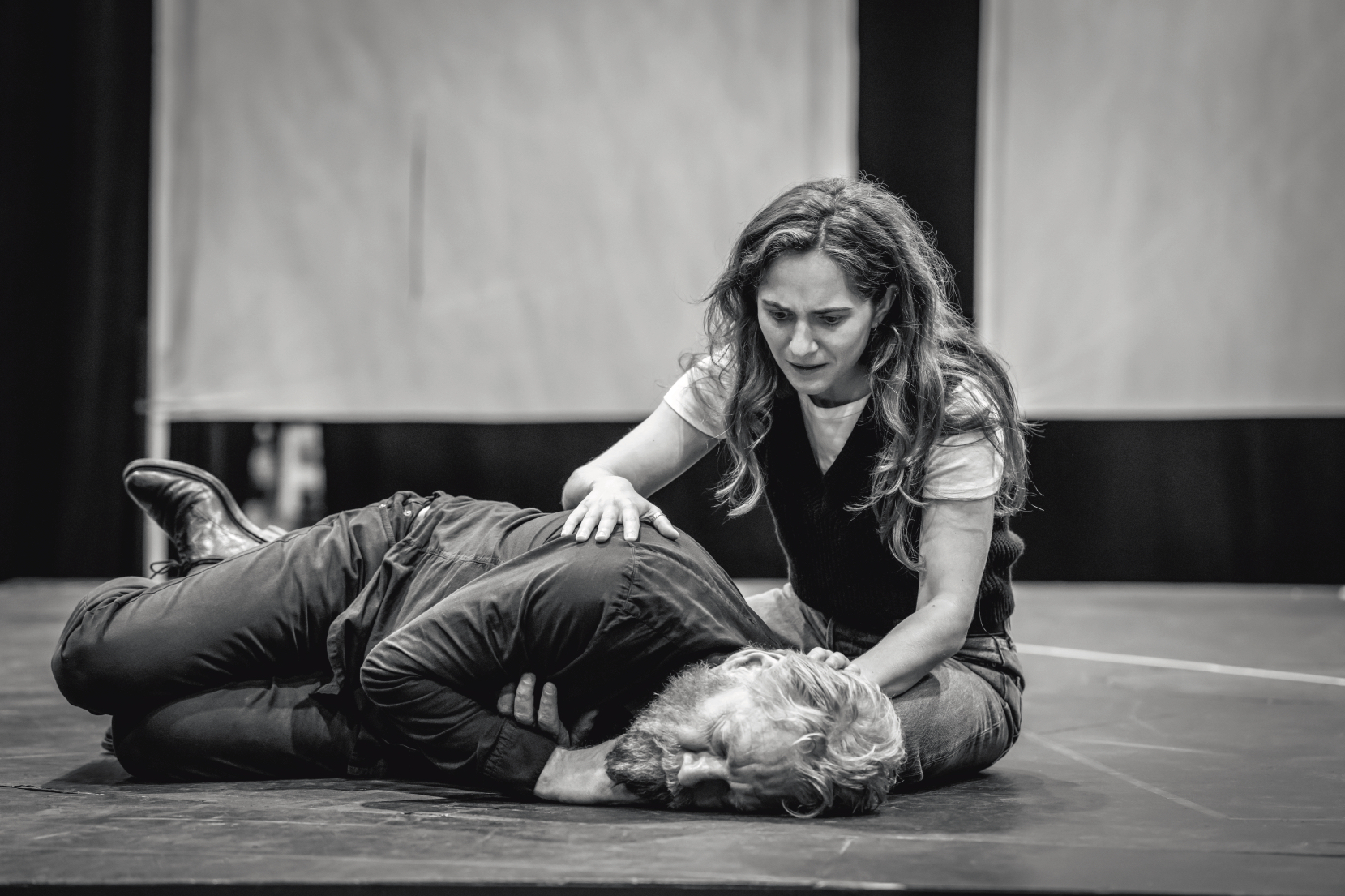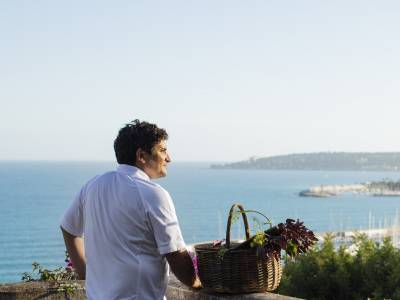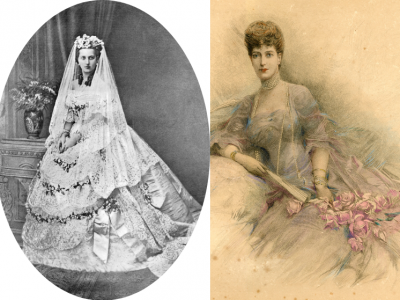Last summer, during a performance of The Comedy of Errors at Shakespeare’s Globe, it started raining. Undeterred, the audience cheerfully donned waterproofs, and judging from the whoops of delight throughout, the comedy has as much resonance today as it had over 400 years ago. “I wonder what Shakespeare would think, seeing us all cackling at his jokes in 2023,” my friend said.
Although we came to the end of the 400th anniversary of the printing of Shakespeare’s First Folio in 1623, his popularity remains unassailable, continuing to attract major actors, directors and writers, not just to his work but to the playwright himself, as a compellingly mysterious figure.
